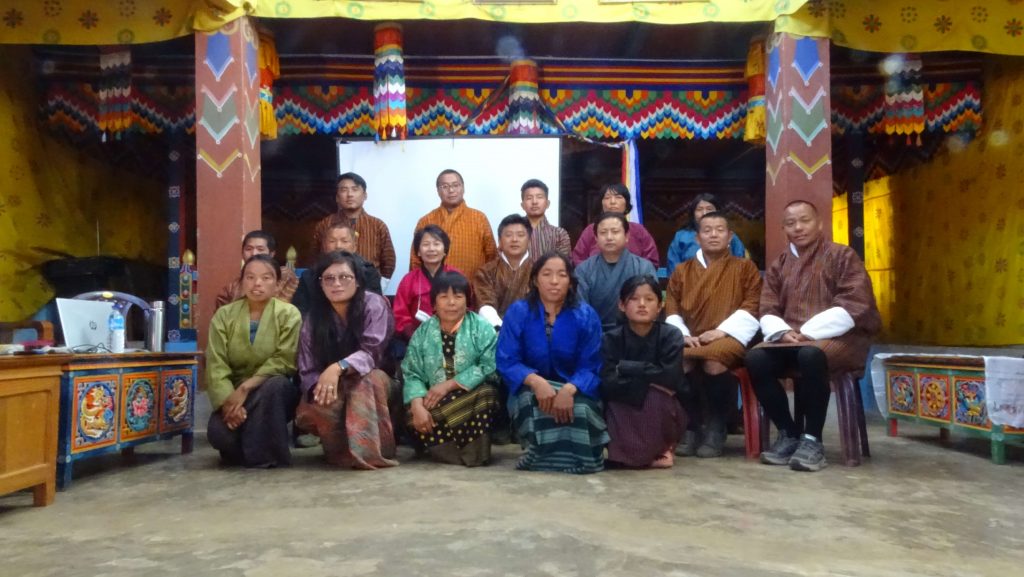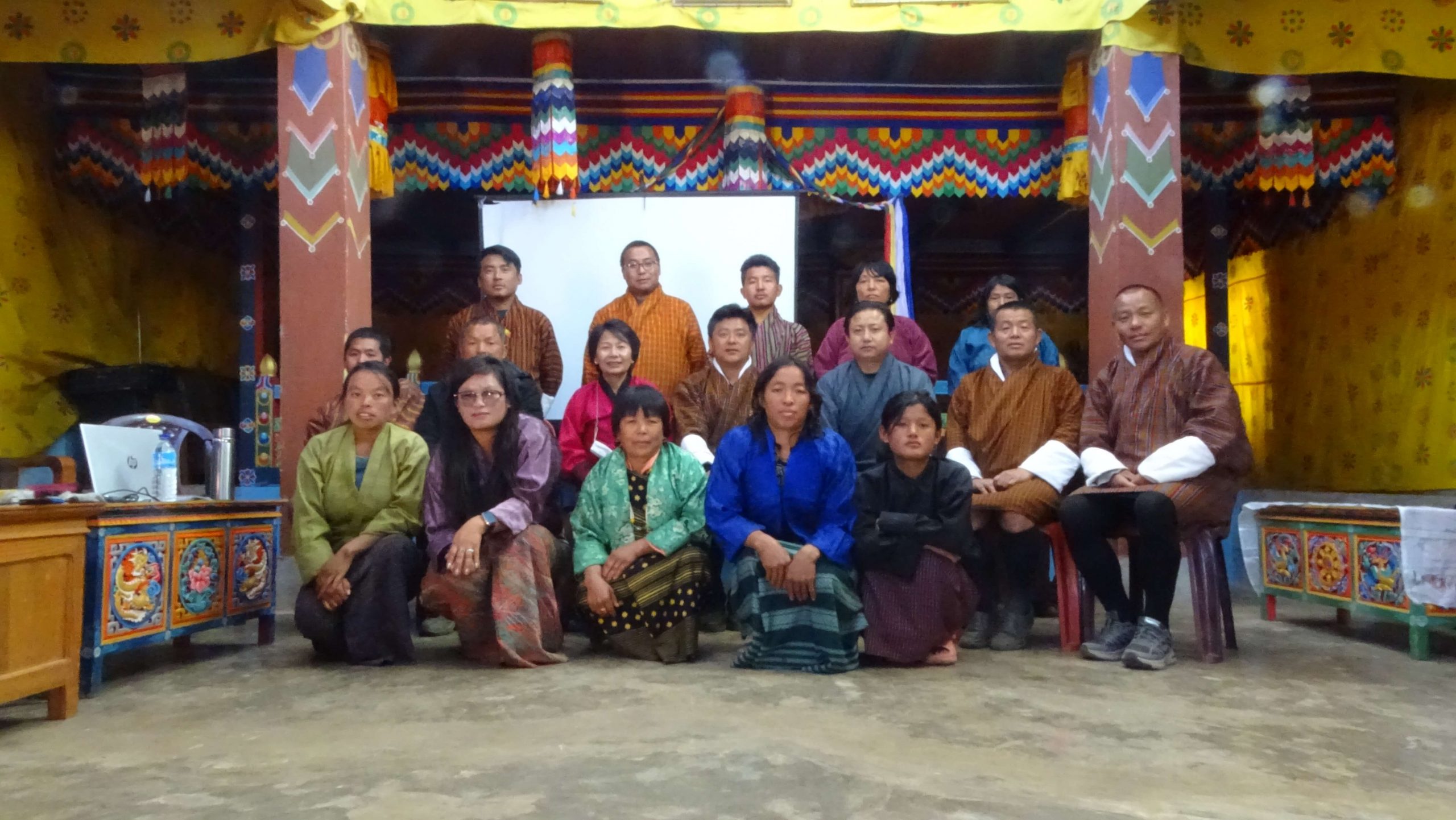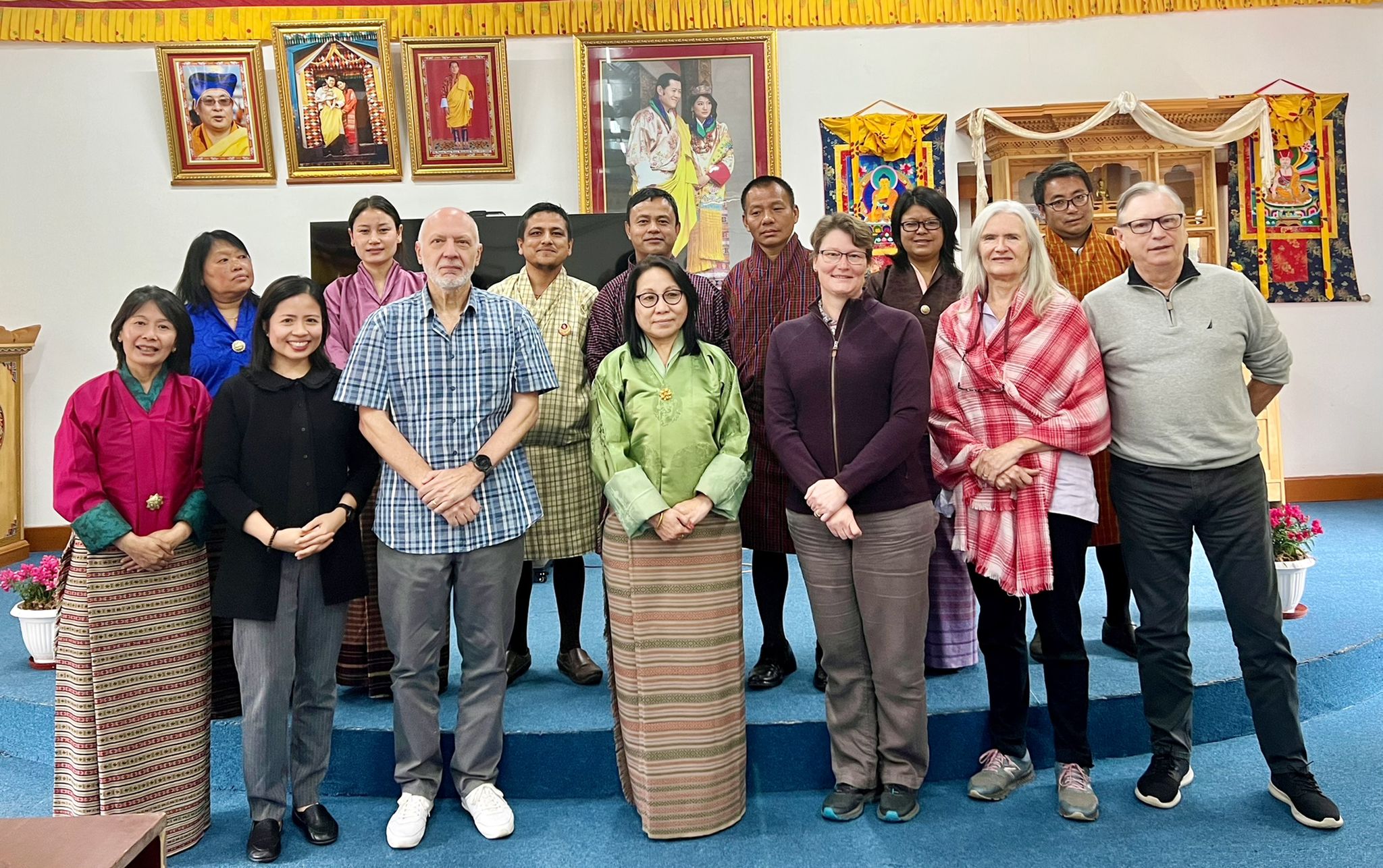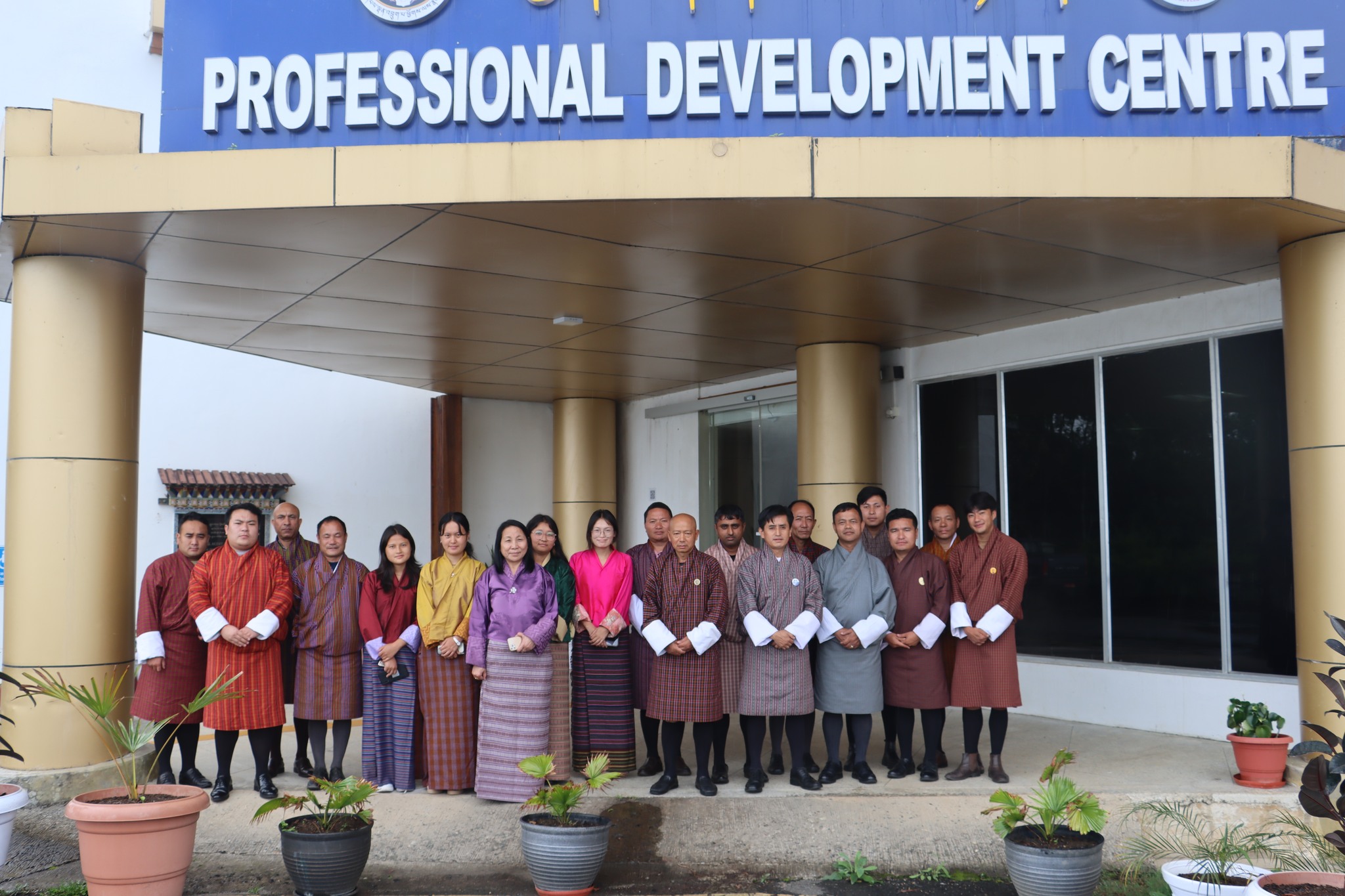![]()

Background
Bhutan is endowed with rich Plant Genetic Resources or the Crop Diversity is a subset of biodiversity. Plant genetic resources are the most valuable, essential, basic raw materials and foundation of agriculture, enabling it to evolve and adapt to meet the never-ending challenge of sustainably producing sufficient and nutritious food for an increasing population. Crop diversity is a key to seed, food, and nutrition (SFN) security and is a prerequisite for sustainable agriculture. Crop diversity translates to nutritional diversity and therefore the dietary diversity that contributes to the good health of the population. Crop diversity is the reservoir of diverse genes for current and future crop breeding and varietal development to meet the changing needs of the nation. Crop diversity is one of the mechanisms for climate change adaptation. Crop diversity is intricately linked to Bhutanese traditions and culture. There are many crops and their varieties that are packed with numerous vitamins and minerals some of which are not even been discovered by scientific research.
Apparently, despite the richness in diversity and tremendous benefits to humanity rendered by the natural agrobiological wealth, there is rapid genetic erosion of many crops and varieties in Bhutan.
Therefore, as a part of the regular germplasm collection program of the Genebank, the National Biodiversity Centre in collaboration with Gewog Agriculture Sector of Kengkhar Gewog, Mongar Dzongkhag conducted Crop Diversity Inventory on the 7th January 2023 and germplasm collection from 8th to 12th January 2023 at Kengkhar Gewog, Mongar Dzongkhag.
The Crop Diversity Inventory was conducted with the following objectives:
- To create awareness and educate the farming communities and the Gewog administration on the importance of crop diversity
- To assess the extent of crop diversity existing in the farmers’ field or in the on-farm.
- To identify crops and varieties and the donor farmer for germplasm collection.
The meeting was attended by Gup, Adm, and 15 farmers consisting of 8 male and 7 female farmers representing different Chiwogs viz. Tongla Zitsibi, Dogtang Mooroong, Neykolog Warongborang, Olokid Tsalabi, and Phosothong Shingchongri including Agriculture Extension Officer, Gondue Gewog. However, we could not have farmer representatives from Kyidpari Yuldarig as the Chiwog is located very far from the Gewog Centre.
1. Introduction to biodiversity, agro-biodiversity, and crop diversity:
The farmer participants were first introduced to the concept of biodiversity, and agro-biodiversity and then narrowed down to crop biodiversity using the pictorial power point slides. Then the farmer participants were presented with various rationales on the importance of crop diversity using the pictorial power point slides. Farmers were also informed of the trend and various developments in the global arena when it comes to crop diversity. Participants were also informed of the various efforts being put in place by the government in securing diversity in the gene bank and also maintaining on-farm diversity.
2. Inventory of crop diversity being cultivated in Kengkhar Gewog:
Education and awareness were followed by inventorying of crops and varietal diversity being cultivated by the farmers of Kengkhar Gewog.
The on-farm crop diversity inventory revealed the existence of a total of 68 crops consisting of about 132 varieties viz Maize, Beans, Cowpea, Vigna, Ricebean, Beans, Soybean, Sorghum, Foxtail millet, Amaranth, Finger millet, Sweet buckwheat, Bitter buckwheat, Barley, Perilla, Quinoa, Mustard, Pea, Ground nut, Mustard green, Radish, Turnip, Brinjal, Bitter guard, Slipper guard, Tomato, Pumpkin, Chayote, Cucumber, Garlic, Onion, Coriander, Ginger, Turmeric, Yam, Sweet potato, Tapioca, Colocasia, Cabbage, Cauliflower, Broccoli, Apple, Pear, Mango, Orange, Orange, Pomegranate, Banana, Monkey apple, Litchi, Papaya, Persimmon, Jack fruit, Peach, Plum, Walnut, Passion fruit, Watermelon, Sugarcane, Pineapple, Strawberry, Grapes, Hazelnut, Guava, etc.
Kengkhar Gewog exhibited very high levels of crops and varietal diversity. Unfortunately, a very high number of 13 crop varieties were reported to have been lost or extinct. There are numerous reasons for the decline in cultivation trends or loss of certain crops that have been documented. Diversity wheel analysis was also conducted with the germplasm samples brought by the farmers to assess the status of cultivation and the level of threat of extinction of varieties.
3. Germplasm collection
After enlisting the crop diversity being cultivated in Kengkhar Gewog, donor farmers/custodian farmers were identified for different crops for which the seeds are currently available. Two staff stayed back and a total of 51 germplasm samples were collected for the selected crops and crop varieties from those identified donor farmers/custodian farmers from 8th to 12th January 2023. These germplasm samples will be processed following the Genebank standards.




